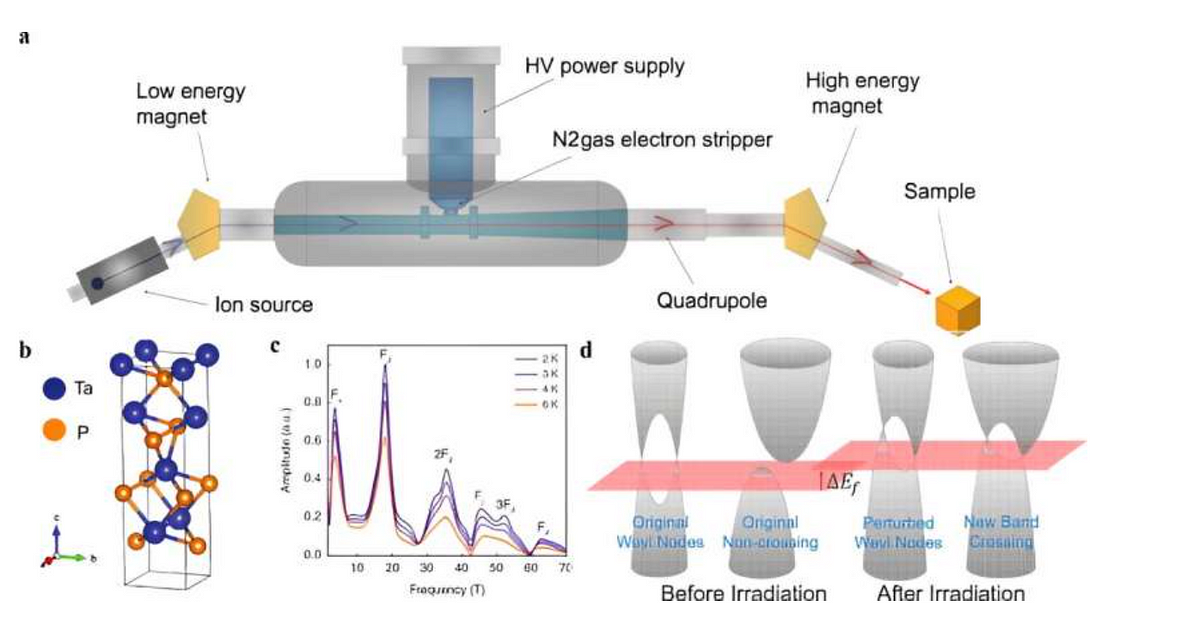MIT Team Develops Ultra-Precise Method to Fine-Tune Quantum Materials

Insider Brief
- MIT researchers developed a highly precise method using hydrogen ion doping to fine-tune the quantum properties of Weyl semimetals like tantalum phosphide (TaP).
- The team achieved milli-electron volt accuracy in adjusting the Fermi level, significantly improving material performance for applications in superconductors and quantum computing.
- This method, applicable to both bulk materials and thin films, was highlighted in a recent paper published in Applied Physics Reviews.
Quantum materials, governed by quantum mechanics principles like correlation and entanglement, exhibit unique behaviors such as superconductivity. However, they need precise tuning to optimize performance. A team led by MIT’s Mingda Li has developed an ultra-precise method to adjust the properties of quantum materials, specifically Weyl semimetals.
Using hydrogen ions for doping, the researchers fine-tuned the Fermi level, a critical energy threshold, in a tantalum phosphide (TaP) crystal. This precise control of the Fermi level is essential for maximizing the material’s quantum properties.

The team employed MIT’s ion accelerator, achieving milli-electron volt accuracy, a significant improvement over previous methods. Their approach could pave the way for advances in superconductors, thermoelectric materials, and quantum computing, by offering faster and more accurate material tuning.
“We can use this method for any inorganic bulk material, and for thin films as well,” maintains NSE postdoc Manasi Mandal, one of two lead authors of an open-access paper, published recently in Applied Physics Reviews, that reported on the group’s findings.
